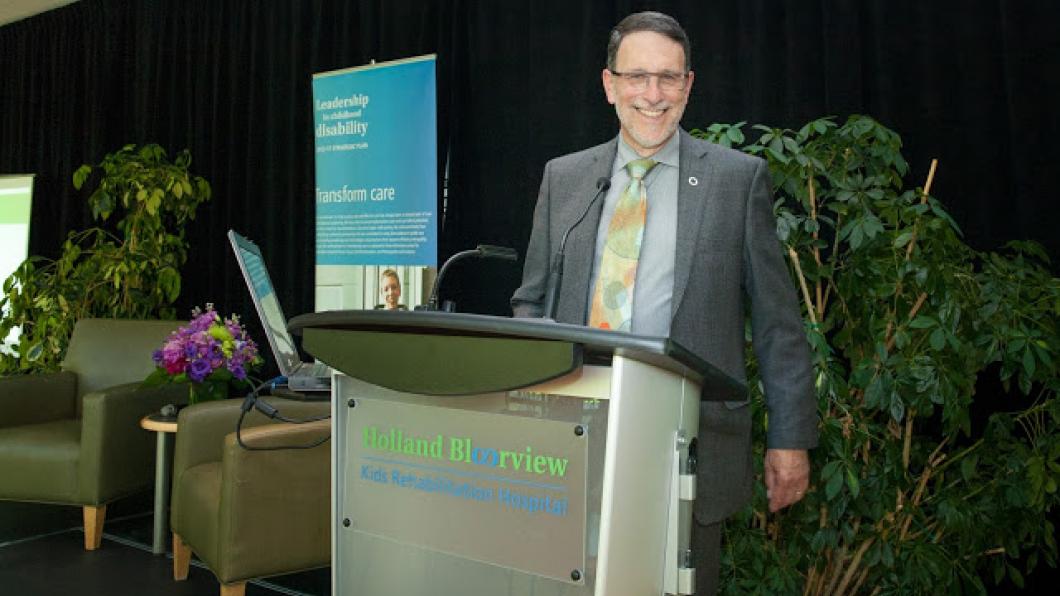
5 things a doctor wishes parents knew about 'disabled' kids
By Dr. Peter Rosenbaum
1. The most important word and idea we can share with parents—from the beginning of their journey into “childhood disability”—is DEVELOPMENT. Children—including those with disabilities—change and develop; as parents we develop as our kids grow and change, and as a result we usually become more skilled as parents. Of course some children’s development will likely always remain compromised and therefore slow.
2. Parenting is a dance led by the children! If we can be attentive to our kids and adapt to their emerging skills and abilities, we parents will probably do okay!
3. Be ready to brag about your “disabled” child every day. Professionals spend too much time on problems, and what kids can’t do. Forget about conventional milestones and the “normal” way of doing things. Look at what’s working, what you like, and what makes your child special! This is important for every child, regardless of the extent of their impairments.
4. Don’t blindly accept what professionals (or even your family members) tell you your child will NOT be able to do. Professionals are not good at predicting the future of an individual child (though we wish we could) and anyway, the kids never listen to what we say!
5. Parenting any child is a marathon, and not a sprint. Keep at least one eye—and often both eyes—on the big picture, and the future. This helps us to plot a course to adulthood. That helps us help our children to become as competent, self-assured and self-confident as possible, regardless of how well they can do this or that activity or skill.
Dr. Peter Rosenbaum is the inaugural recipient of Holland Bloorview’s Medal of Excellence in Childhood Disability. Peter is co-founder of the CanChild Centre for Childhood Disability Research at McMaster University and was chief of medical staff here at Holland Bloorview from 1997 to 2000. He revolutionized the health model for children with cerebral palsy by developing the Gross Motor Function Classification System, which is used worldwide.